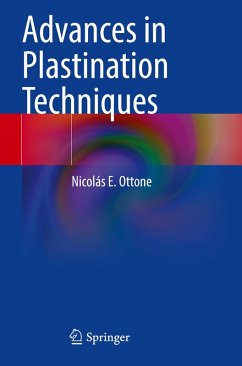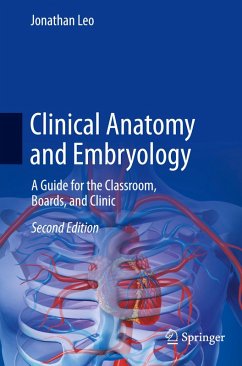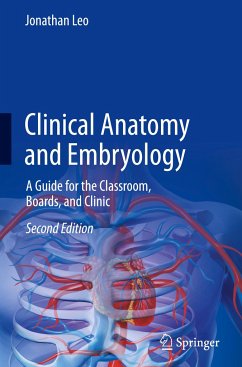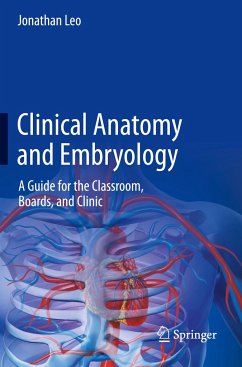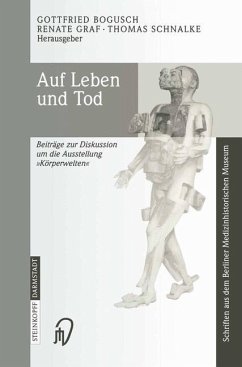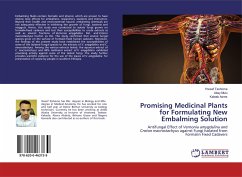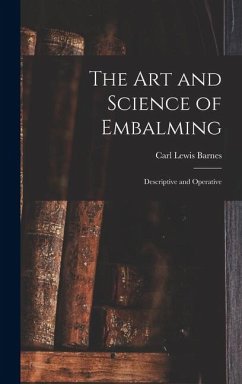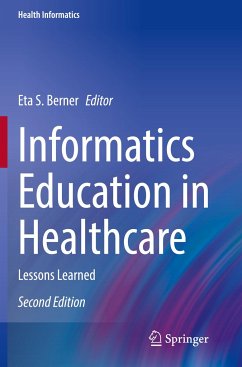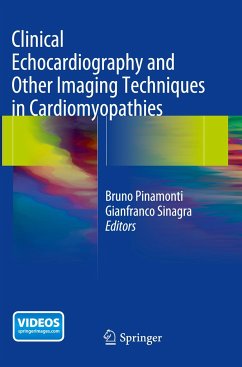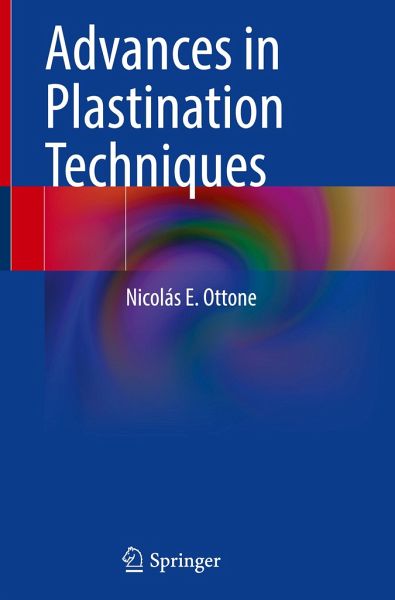
Advances in Plastination Techniques
Versandkostenfrei!
Versandfertig in 1-2 Wochen
97,99 €
inkl. MwSt.
Weitere Ausgaben:

PAYBACK Punkte
49 °P sammeln!
Plastination is currently considered one of the most innovative forms of conservation of complete bodies, sections and organs, both human and animal, for use in undergraduate and postgraduate teaching, as well as morphological research. In this sense, to develop the various plastination techniques, specific equipment and specialized training of academics are required, who have the ability to carry out the diversity of protocols that exist, depending on the anatomical material to be preserved.The decomposition of organic matter is a vital process in nature, but it is also an impediment to morph...
Plastination is currently considered one of the most innovative forms of conservation of complete bodies, sections and organs, both human and animal, for use in undergraduate and postgraduate teaching, as well as morphological research. In this sense, to develop the various plastination techniques, specific equipment and specialized training of academics are required, who have the ability to carry out the diversity of protocols that exist, depending on the anatomical material to be preserved.
The decomposition of organic matter is a vital process in nature, but it is also an impediment to morphological studies and research. This is particularly important in biological specimens that shrink considerably when exposed to normal atmospheric conditions. For this reason, it has always been a constantly pursued objective for anatomists. Plastination, in this regard, is a true alternative in the conservation of perishable biological tissues (complete bodies, complete organs such asbrains, livers, lungs, kidneys, hearts, muscles, joint preparations, cuts in sections of complete corpses) - or from isolated regions, etc.) reaching a dry and imperishable state through the use of different polymers and special plastics, ensuring that the organs, limbs and entire bodies do not lose their texture and apparently normal disposition.
This original book describes in detail and in an updated way the plastination techniques for the conservation of human and animal biological material, demonstrating the applications in teaching and research of anatomy, morphological sciences and health sciences. The didactic chapters present the history and the fundamentals of plastination techniques (steps, equipment, supplies, material, temperature), as well as its clinical, surgical and research applications. The work also features biosafety issues and provides Ethical Considerations in Plastination.
Advances in Plastination Techniques is intended for a cross-section of academics, technicians and advanced students from all areas of Health Sciences - including Physicians and Dentists - and Veterinary Sciences.
The decomposition of organic matter is a vital process in nature, but it is also an impediment to morphological studies and research. This is particularly important in biological specimens that shrink considerably when exposed to normal atmospheric conditions. For this reason, it has always been a constantly pursued objective for anatomists. Plastination, in this regard, is a true alternative in the conservation of perishable biological tissues (complete bodies, complete organs such asbrains, livers, lungs, kidneys, hearts, muscles, joint preparations, cuts in sections of complete corpses) - or from isolated regions, etc.) reaching a dry and imperishable state through the use of different polymers and special plastics, ensuring that the organs, limbs and entire bodies do not lose their texture and apparently normal disposition.
This original book describes in detail and in an updated way the plastination techniques for the conservation of human and animal biological material, demonstrating the applications in teaching and research of anatomy, morphological sciences and health sciences. The didactic chapters present the history and the fundamentals of plastination techniques (steps, equipment, supplies, material, temperature), as well as its clinical, surgical and research applications. The work also features biosafety issues and provides Ethical Considerations in Plastination.
Advances in Plastination Techniques is intended for a cross-section of academics, technicians and advanced students from all areas of Health Sciences - including Physicians and Dentists - and Veterinary Sciences.



